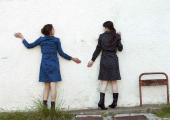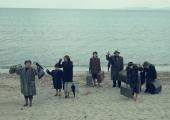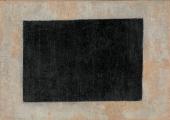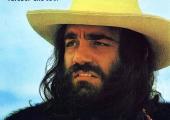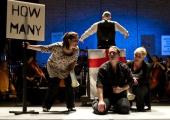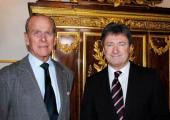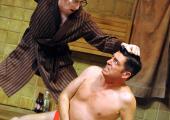DVD: The Theo Angelopoulos Collection Volume 3
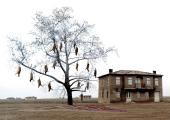
Four last Balkan requiems by the recently deceased Greek great
Theo Angelopoulos (pictured below) was hit and killed by a motorcyclist on 24 January, as this now final collection of his work was readied. The films of this 76-year-old Palme d’Or-winner (for 1998’s Eternity and a Day, included) wrestled with the tragic recent history of his native Greece and Balkans at sometimes notorious, slowly unfolding length.

